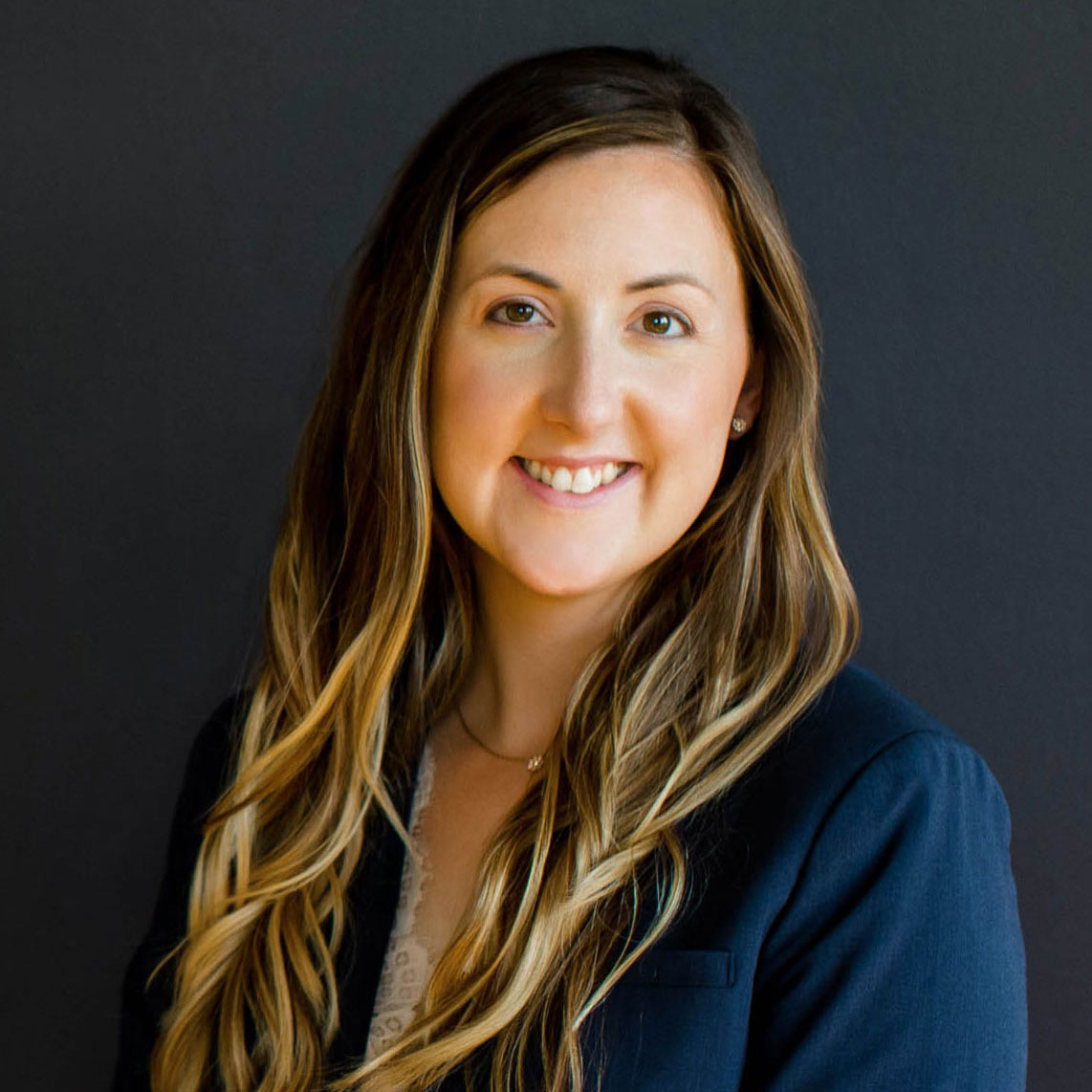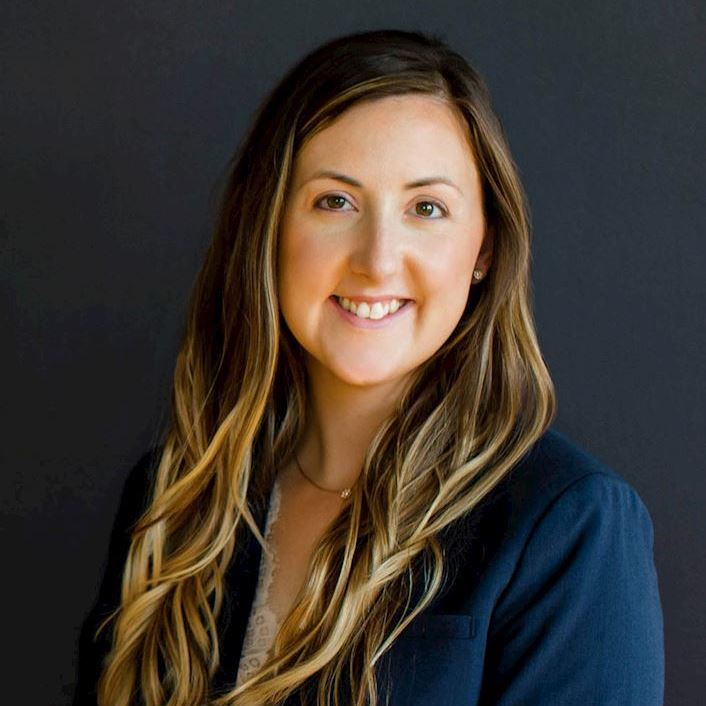We all age. It’s an unavoidable part of life. And many of us will provide some level of support to an aging parent or parents as they balance growing older and retaining their independence.
“For those of us who grew up in a household with a parent or parents that raised us, the reality is that our parents will age and their health needs will change as this happens,” says Dr. Megan Kippes, DO, an Internal Medicine physician at The Iowa Clinic’s West Des Moines campus.
“There are a lot of people who prefer to stay in their own home as they age,” adds Dr. Kippes. “Oftentimes, the responsibilities of care fall on family members, particularly adult children.”
According to Dr. Kippes, it’s not uncommon for patients in their 80s to come in with a grown child in their 60s who provides medical details and asks questions in support of their older parent.
How can someone who is caring for an aging parent — or planning ahead for this — provide better care for their parents while also caring for themselves? Dr. Kippes offers some advice.
Help Your Parent Find a Primary Care Doctor
Perhaps the best step you can take to get involved in your aging parent’s care is to encourage them to establish a relationship with a primary care doctor. An internal medicine doctor specializes in treating medical conditions that are common among older adults.
“If your parent is someone who has not seen a doctor regularly for the majority of their life, it is important that they identify a primary care doctor they know and trust,” says Dr. Kippes. “There are a lot of conditions, such as high blood pressure and diabetes, where patients may not realize anything is wrong until they come in for a checkup. They may go years without treatment.”
Dr. Kippes recommends that her otherwise healthy senior patients come in for a checkup at least once a year. If your parent has a couple of different health problems and they are on medication then your physician may recommend they come in for a regular checkup at least twice a year.
It is fairly common for an adult child to accompany an elderly parent at their doctor appointments. This process will go smoother if you have the correct consent forms filled out in advance. You can reach out to your parent’s medical provider ahead of time to find out what information they need.
Encourage Your Parent to Get Out and Exercise
The American Heart Association recommends adults in good health get “at least 150 minutes (2.5 hours) of moderate-intensity aerobic activity or 75 minutes a week of vigorous aerobic activity, or a combination of both, preferably spread throughout the week.” They also recommend rotating in muscle-strengthening activities that work all major muscle groups at least two days per week.
“Regular physical activity is very important for maintaining health and not something that we’re always good about making a habit of in the Midwest, especially for older adults,” says Dr. Kippes. “Your parent may not have grown up in an era where they were taught to exercise regularly.”
The CDC notes that adults age 65 or older with no limiting health conditions can follow the guidance of 150 minutes of moderate exercise per week plus strength training. However, it is always a good idea to check in with a physician before starting up a new exercise routine.
Check In With Your Parent on a Regular Basis
Communication is one of the best ways to understand the changing health needs of an aging parent. You should use the method of communication that is most convenient for them.
“Especially if you don’t live near an aging parent, make an effort to reach out,” says Dr. Kippes. “More tech-savvy parents may prefer video or email communication, while others may prefer a phone call. Check in and ask them how they are doing with their day-to-day activities, such as managing medications, getting groceries — those activities of daily living that seem simple.”
You should also watch for any changes in behavior when interacting with an aging parent. For instance, if they sound stressed or in pain — or seem more forgetful or distant than usual — those things can all be signs of worsening health or a condition that impacts memory.
Learn Their Medical History and Medication Schedule
High blood pressure, high cholesterol, arthritis and diabetes are all common chronic conditions that older adults face. Knowing what conditions your aging parent has and the conditions they are taking prescription medication for is beneficial for you, your parent and their physician.
“Knowing the medication your parent takes is extremely helpful,” says Dr. Kippes. “Help your parent create an up-to-date list of their medications and revisit it when changes happen. A lot of older adults carry this type of list in a wallet or purse. I encourage my patients to bring this in for their doctor appointments. They can even hand the list to me and I can update it for them.”
Helping a parent stay on top of their medications with a pill organizer is another easy way to take a more active role in their health. Some people get four pill organizers and fill them out for the month. Check for things like extra pills where they shouldn’t be or pills running out early.
Watch for Signs of Forgetfulness or Memory Decline
Many older adults will experience some form of mild forgetfulness as they age, whether it’s misplacing the keys or losing a pair of glasses around the house. However, if memory problems start to impact your parent’s ability to do everyday activities or they become increasingly confused over time — it may be time to make an appointment with their physician.
“It’s important to bring in a parent and voice your concerns if you think they might be suffering from serious memory problems that fall outside mild forgetfulness,” Dr. Kippes says.
Things like Alzheimer’s and other forms of dementia can be difficult to address. Establishing a relationship with a primary care doctor in advance, can help make this conversation easier.
Don’t Forget to Make Time to Take Care of Yourself
Caring for an aging parent can be rewarding, but it also can be emotionally and physically exhausting. This is especially true as your parent needs more assistance at home. Caregiver burnout is a very real condition. It happens when the responsibilities of caring for someone else impact your own health and well-being. It’s best to reach out for help as soon as possible.
“You’re only one person and you can only do so much,” says Dr. Kippes. “Caring for an aging parent can be minor or sometimes it involves very close to seven days a week assistance. You have to regularly check in on your own health, well-being and time commitments. Ask yourself: ‘Do I have a little bit of time for me?’ Never be afraid to ask for help or feel guilty about it.”
Your parent’s primary care physician can help walk you through available options for care assistance. It’s possible your parent may even qualify for part-time home health care.
Build a Relationship With a Doctor You Trust
While there are many ways for someone to get involved in their parent’s care, Dr. Kippes ultimately circles back to helping your parent find and build a relationship with a doctor that you both trust and get along with. You and your parent’s physician can work together to ensure your parent receives exceptional care while retaining their independence for as long as possible.
Dr. Kippes’ passion for geriatrics and working with older patients is what made her decide to start working at The Iowa Clinic. She recognizes it is an environment where she can thrive.
“What makes The Iowa Clinic so great is the people,” says Dr. Kippes. “Everyone is friendly and willing to go out of their way to help you. Our teams go above and beyond for patients, which is especially beneficial to someone who is aging and might have a couple extra health barriers.”
First-floor access, valet parking and on-site scheduling are just some of the things that help make life easier for older adults at The Iowa Clinic. If this sounds like the right environment for your parent, consider scheduling an appointment with one of our internal medicine doctors.


